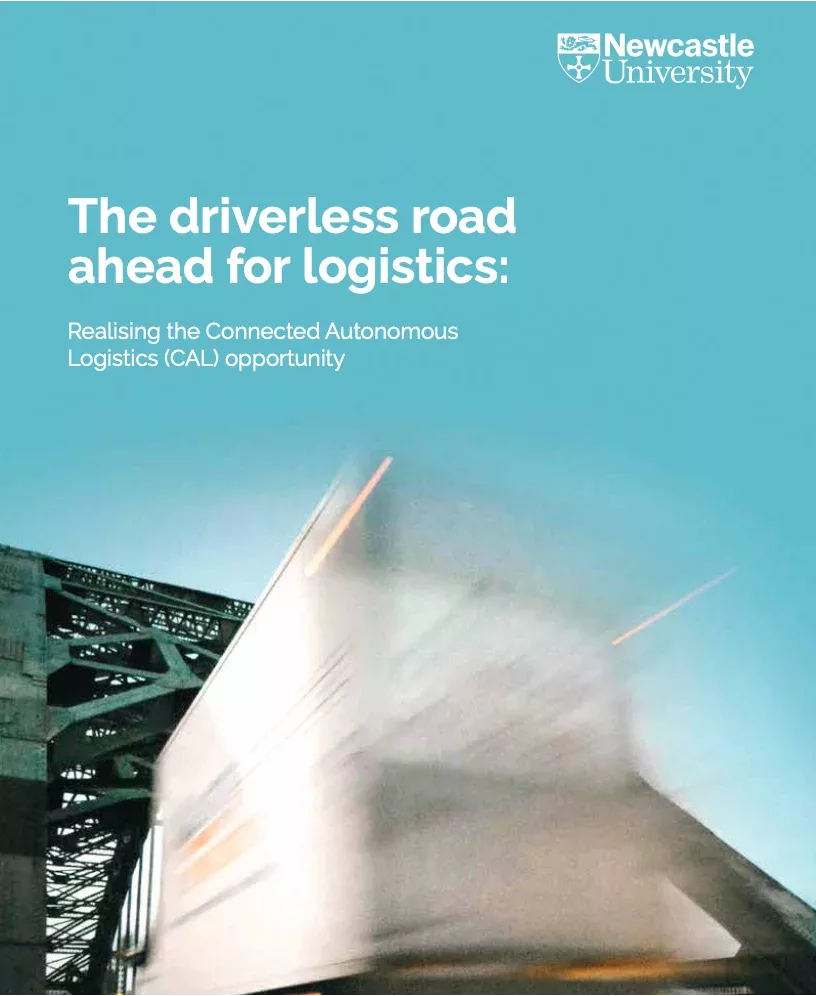The introduction of autonomous goods vehicles into closed environments such as ports and factory sites could have a “quick win” for the logistics industry facing rising costs and driver shortages.
That’s the view of a group of experts from across the freight and intelligent transport systems industries who met at a round table led by Newcastle University in London.
The discussion coincided with the launch of the University’s report “The driverless road ahead for logistics” authored by Phil Blythe, Professor of Intelligent Transport Systems Director Mobility and Transport NUCoRE, at Newcastle University and former Chief Scientific Advisor to the Dept for Transport’’, which looks into how the benefits of connected and autonomous logistics technology can be realised in the short and medium term.
Experts agreed that using the technology first in closed environments without general traffic would be a “significant drop” in the “ocean of challenges facing the industry” by reducing the need for hundreds of human drivers. This would not involve putting people out of work because the current driver shortage means alternatives to humans in a cab are essential if the industry can cope with demand to move goods around.
The technology analysed by Newcastle University involves both automated and remote-driven vehicles. The vehicles could be managed from a remote control centre with drivers watching on screen, or taking over operation when automation cannot cope with a particular situation. It was pointed out that this means drivers could even work from home, given the right equipment and connectivity.
The experts heard how logistics solutions providers are already using connected vehicles for clients in the North East, investing in cutting-edge technology to trial automated services of the future. They agreed that using technology in a closed environment improved social acceptance because the vehicles do not interact with the general public. While the short-term business case for investment in this technology is difficult to make, the round table heard that medium-term benefits could be significant.
Building on strong partnerships between universities, manufacturers and logistics companies in the North East, the report proposes the creation of a National Innovation Centre for Connected and Autonomous Logistics which would contribute to the region’s wider ambitions as an innovation cluster in electrification.
Read the report here:

























